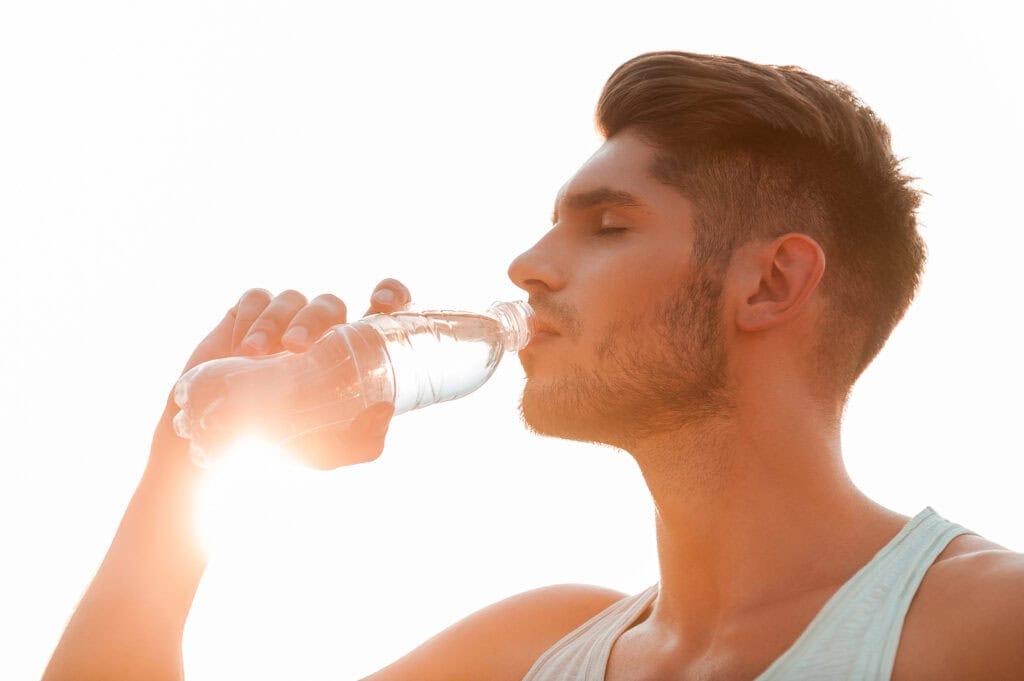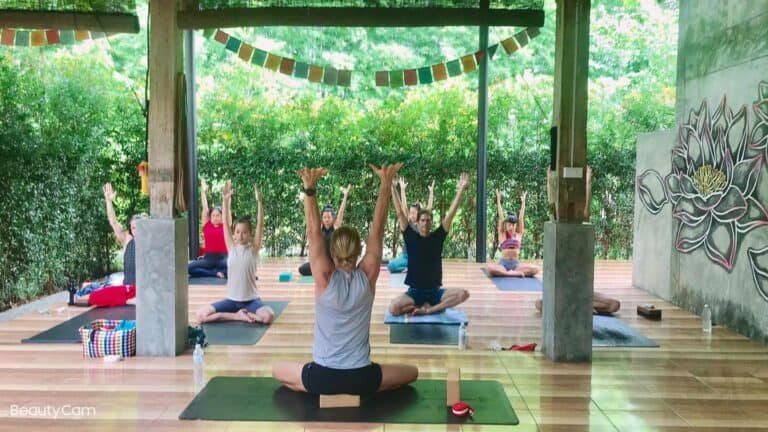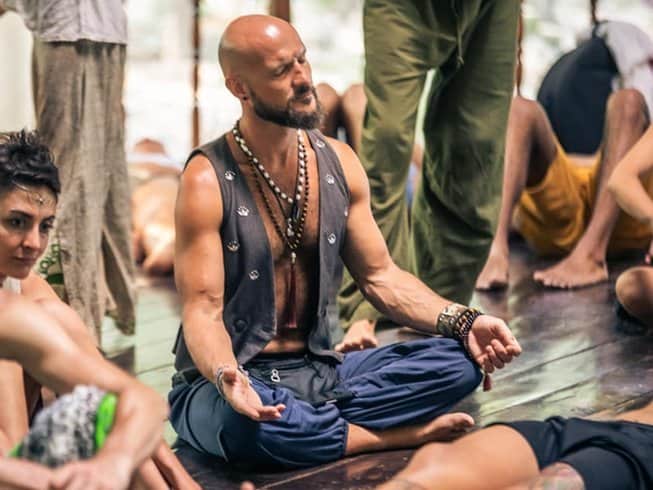Staying hydrated is essential for maintaining good health. The human body is made up of 60% water, and every cell, tissue, and organ in the body needs water to function correctly. Water helps regulate body temperature, transport nutrients, and remove waste. Dehydration can cause a range of health problems, including headaches, fatigue, dizziness, and even kidney damage.
There are many ways to stay hydrated, and drinking water is the most obvious one. However, many people struggle to drink enough water every day. It is recommended that adults drink at least eight 8-ounce glasses of water per day, but this can vary depending on factors such as age, weight, and activity level. In addition to drinking water, there are many other ways to stay hydrated, such as eating hydrating foods, like fruits and vegetables, and avoiding dehydrating drinks, like alcohol and sugary drinks. This article will explore the best ways to stay hydrated and provide tips and tricks for making sure you get enough water every day.
Why Staying Hydrated is Important
Staying hydrated is crucial for maintaining good health. Water is essential for the body to function properly, and dehydration can lead to a host of health problems.
The human body is made up of about 60% water, and every system in the body depends on water to function correctly. Water helps to regulate body temperature, lubricate joints, and transport nutrients and oxygen to cells. It also helps to remove waste and toxins from the body through urine and sweat.
Dehydration occurs when the body loses more water than it takes in. This can happen when a person doesn’t drink enough water, loses too much water through sweating or urination, or a combination of both. Dehydration can cause a range of symptoms, including dry mouth, fatigue, headache, dizziness, and muscle cramps.
Staying hydrated is especially important during physical activity, as the body loses water through sweat. Drinking enough water before, during, and after exercise can help to prevent dehydration and improve physical performance.
Electrolytes, such as sodium and potassium, are also important for hydration and overall health. These minerals help to regulate fluid balance in the body and are essential for nerve and muscle function. Eating a balanced diet that includes foods rich in electrolytes, such as fruits and vegetables, can help to maintain proper hydration levels.
In addition to preventing dehydration, staying hydrated has many other health benefits. It can help to maintain a healthy body weight, as drinking water can help to reduce appetite and increase feelings of fullness. It can also help to lower blood pressure and improve heart health, as well as reduce the risk of chronic diseases such as diabetes and kidney stones.
Overall, staying hydrated is essential for maintaining good health and proper body functioning. It is important to drink enough water throughout the day and to pay attention to signs of dehydration, such as thirst, dry mouth, and dark urine. By staying hydrated, one can improve digestion, alertness, and overall well-being.
How Much Water Should You Drink?
Staying hydrated is essential for maintaining good health. But how much water should you drink each day? The answer is not as simple as you might think. The amount of water you need depends on a variety of factors, including your health, activity level, and environment.
Factors That Affect Your Water Needs
Activity Level
One of the biggest factors that affect your water needs is your activity level. If you’re physically active, you’ll need to drink more water to replace the fluids lost through sweating. The National Academies of Sciences, Engineering, and Medicine recommends that men drink about 15.5 cups (3.7 liters) of fluids per day, and women drink about 11.5 cups (2.7 liters) of fluids per day. However, these recommendations can vary depending on your level of physical activity.
Environment
The environment you’re in can also affect your water needs. If you’re in a hot, humid climate, you’ll need to drink more water to stay hydrated. Altitude can also affect your water needs. When you’re at higher altitudes, you may need to drink more water to compensate for increased perspiration and breathing.
Health
Your health can also affect your water needs. If you have a fever or bladder infection, you may need to drink more water to help flush out bacteria. Pregnant and breastfeeding women also need to drink more water to support the health of their babies.
Diet
The foods you eat can also affect your water needs. Fruits and vegetables, for example, are high in water content and can help keep you hydrated. Milk and other dairy products can also provide fluids. However, drinks with added sugars, such as soda and sports drinks, should be limited.
Caffeine and Alcohol
Caffeine and alcohol can also affect your water needs. Both can cause you to lose fluids, so it’s important to drink extra water if you consume these beverages.
Urine Color
One way to gauge your hydration level is to look at the color of your urine. If your urine is light yellow, you’re likely well-hydrated. If it’s dark yellow or amber, you may need to drink more water.
In conclusion, the amount of water you need to drink each day depends on a variety of factors, including your activity level, environment, health, and diet. It’s important to listen to your body and drink water when you feel thirsty. If you’re unsure about how much water you should be drinking, talk to a dietitian or healthcare provider for personalized recommendations.
Tips for Staying Hydrated
Staying hydrated is essential for overall health and well-being. When the body doesn’t get enough fluids, it can lead to dehydration, which can cause headaches, dizziness, vomiting, diarrhea, and other health problems. Here are some tips for staying hydrated throughout the day:
Ways to Increase Your Water Intake
Drinking enough water is crucial to staying hydrated. The Mayo Clinic recommends that men drink about 3.7 liters (125 ounces) of water per day, while women should aim for 2.7 liters (91 ounces) of water per day. Here are some ways to increase your water intake:
- Carry a water bottle with you throughout the day. This makes it easy to sip on water whenever you feel thirsty.
- Set reminders on your phone or computer to drink water at regular intervals.
- Drink water before, during, and after exercising.
- Drink water instead of sugary drinks like soda and juice.
Foods That Can Help You Stay Hydrated
In addition to drinking water, certain foods can also help you stay hydrated. Fruits and vegetables, in particular, are high in water content and can help you meet your daily fluid needs. Here are some hydrating foods to include in your diet:
| Fruit | Water Content |
|---|---|
| Orange | 87% |
| Watermelon | 92% |
| Grapefruit | 91% |
| Pineapple | 87% |
| Vegetable | Water Content |
|---|---|
| Cucumber | 96% |
| Celery | 95% |
| Tomatoes | 94% |
| Spinach | 92% |
Signs and Symptoms of Dehydration
It’s important to recognize the signs and symptoms of dehydration so that you can take action before it becomes a serious problem. Here are some common signs of dehydration:
- Thirst
- Dark yellow urine
- Dry mouth and throat
- Headache
- Dizziness
- Fatigue
- Muscle weakness
If you experience any of these symptoms, it’s important to drink fluids and rest. If symptoms persist, it’s best to consult with a doctor.
Staying hydrated is essential for good health. By drinking enough water, eating hydrating foods, and recognizing the signs of dehydration, you can maintain proper hydration levels and enjoy the health benefits that come with it.























